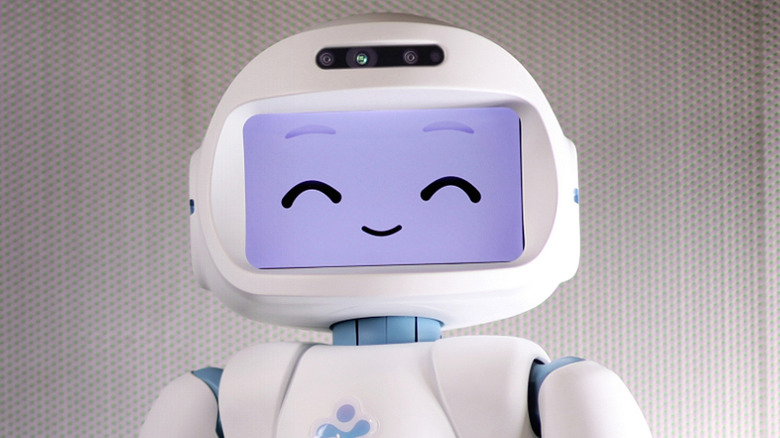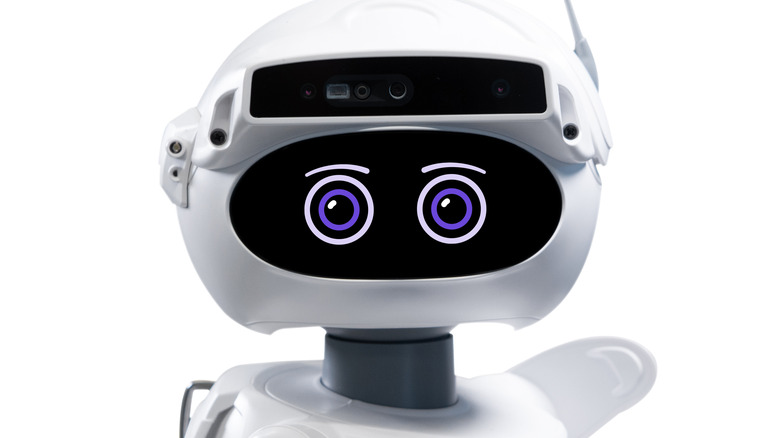Robots Are Good For Mental Health Guidance, Especially If They Look Cute
The use of robots and AI in the field of mental health has spurred significant research, and some promising results have come out in the past few years. There's already research indicating that customized machine learning models are efficacious at predicting risks of self-harm, and a study published in PNAS found that AI algorithms can help identify cues of depression. Now, fresh research from the University of Cambridge says well-being sessions conducted using robots in a workplace can prove to be more effective if the robots' design is playful.
The team deployed two robots with identical voices, training material, and facial expressions, but the test subjects felt more connected and at ease with the robot shaped like a toy instead of the one with humanoid characteristics. The team reasons that since the toy-like robot appears to be simpler, participants may have had lower expectations of it compared to what they've seen in popular culture, and hence, found this robot easier to talk to and engage with. On the flip side, the researchers say that the participants may have had higher expectations from the humanoid robot that it wasn't able to meet, leading to lower scores.
Both robots were useful for wellness coaching
The research, conducted over a period of four weeks, deployed the QTrobot V2 humanoid social robot that has been developed for studies involving human-AI interactions, and Misty II, which is claimed to be the world's most lovable robot. The team programmed the robots to exhibit a personality resembling that of a well-being coach, complete with facial expressions and voice quality to make them seem as natural as possible. Study subjects who worked with Misty were able to establish better connections than those engaging with the humanoid QTrobot V2.
"Since QT is more humanoid, they expected it to behave like a human, which may be why participants who worked with QT were slightly underwhelmed," explained Dr. Micol Spitale from the Department of Computer Science and Technology at the University of Cambridge. However, the general consensus was that the human subjects found the robot-led wellness sessions useful and expressed openness to the idea of such wellness-focused interactions in the future. The research team is now trying to further refine the responsiveness of these robot wellness coaches to make them sound more natural during human interactions.

